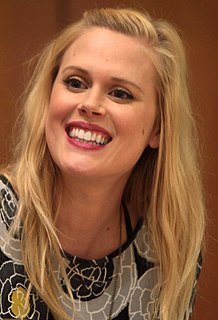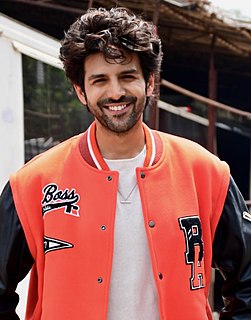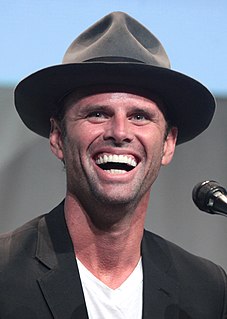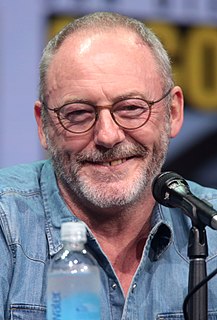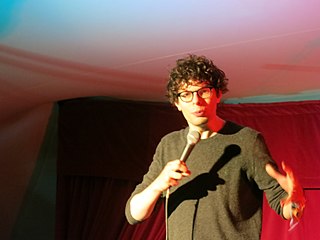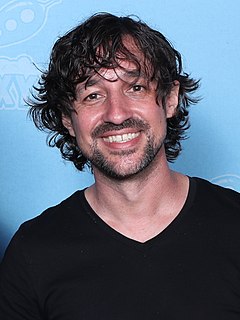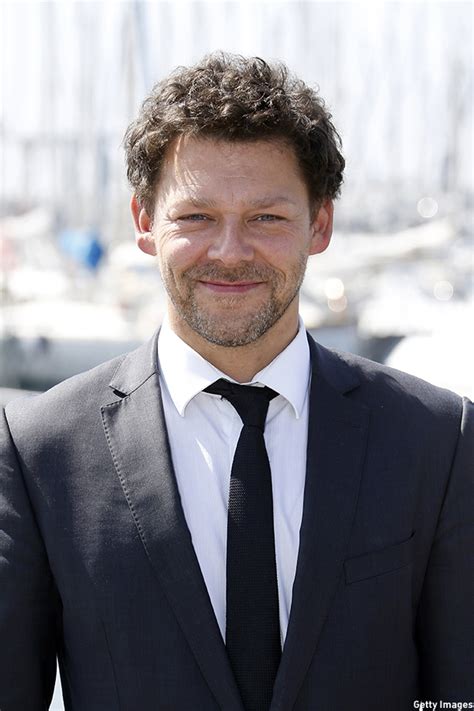A Quote by Janet Varney
One of the things I've learned in playing a character like Becca from 'You're the Worst' is that there really is such a joy and freedom in behaving badly and in being a character that you do roll your eyes at. She's just so delicious to loathe.
Related Quotes
Movie stars exaggerate certain things to let the audience know they're just playing a character, as if they're saying, "Look at me, I'm not really an old man, I'm just playing one." Or "I'm not really a homosexual, I'm just playing a gay character. Or an alcoholic. Or somebody who's mentally impaired." They often do it very successfully and win awards for it.
I'm not playing a character. What I'm doing though is taking the worst, most shameful, peculiar, or troubling aspects of my personality. So there are elements of me that are not there. The happy version of me is not really in the show, because there's nothing funny about being happy. So it's more like I'm poaching on the funniest parts of me rather than actually creating some other character.
When you are writing, you have to love all your characters. If you're writing something from a minor character's point of view, you really need to stop and say the purpose of this character isn't to be somebody's sidekick or to come in and put the horse in the stable. The purpose of this character is you're getting a little window into that character's life and that character's day. You have to write them as if they're not a minor character, because they do have their own things going on.
Once, during an interview in front of my wife, I was asked, "Are you one of those actors who brings your character home? Do you stay in character?" I said, "No, not really. I don't do that," and she started laughing. I asked her why. She said, "Well, you might think you don't bring characters home, but you do." So, while I don't feel like a character is lingering, it probably is.
Playing what Hollywood determines is a hero, it immediately sets actors up to feel like they just can't explore the dark parts of themselves - the character has to be likeable, has to be fuckable, has to be redemptive on all fronts. When you're playing a character that's just inherently destructive or messed up, you're given this beautiful permission to try things. There's a license to fail.
What I've learned in my life, it's a very interesting social study for me, to go back and forth between being the guy at home and being the guy on the road and being the guy in studio and being the guy in the interview. The environment around you has so much to do with your character, and when I'm home, my character really changes quite a bit.
I never like to judge the character. I just have to leave my feelings of pity, or fear, about a character - whatever I feel towards the character, I try to leave to one side. It's good to have them, but it doesn't help me. I can't act those things. I just to play the character as truthfully as I can.
On 'Hairless Toys,' I've tried to create an ambiguous character to go with an ambiguous record. She's anything but rock n' roll - she's so not rock n' roll that, in a twisted way, she's kind of radical. She's like someone from my memory, almost like my mother, and she's lost in some space-time between the 1960s and the late '80s.
